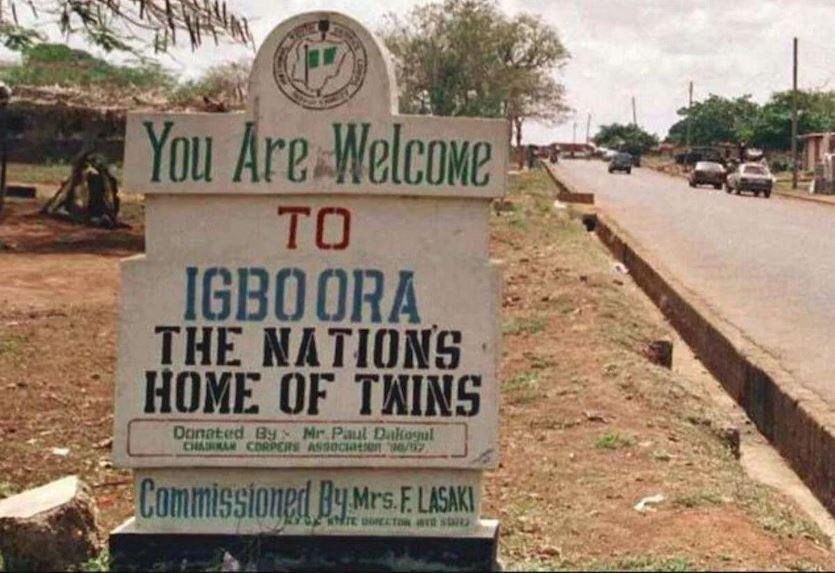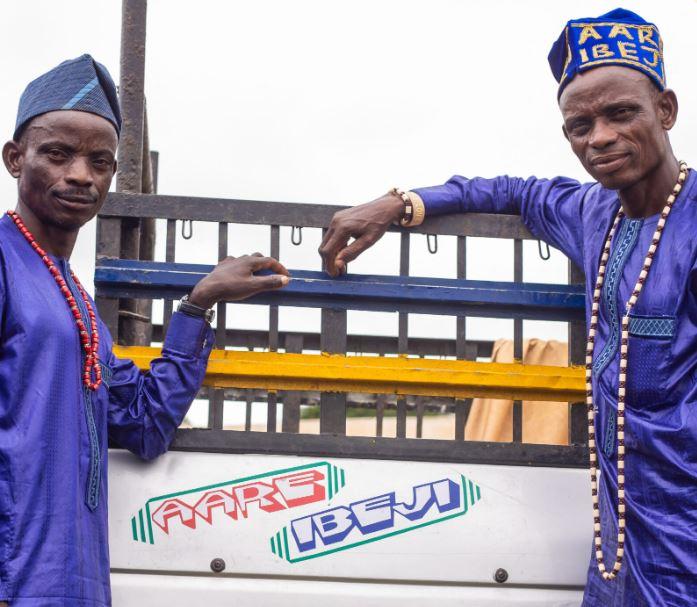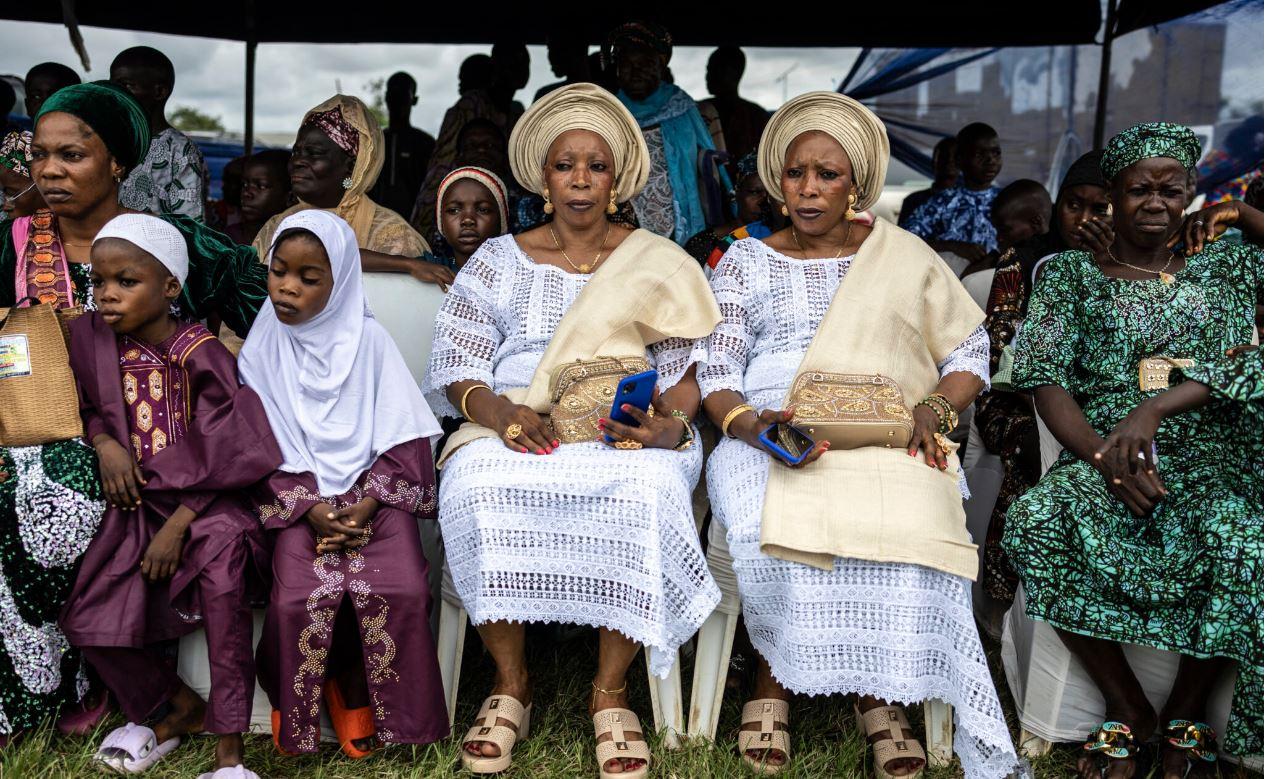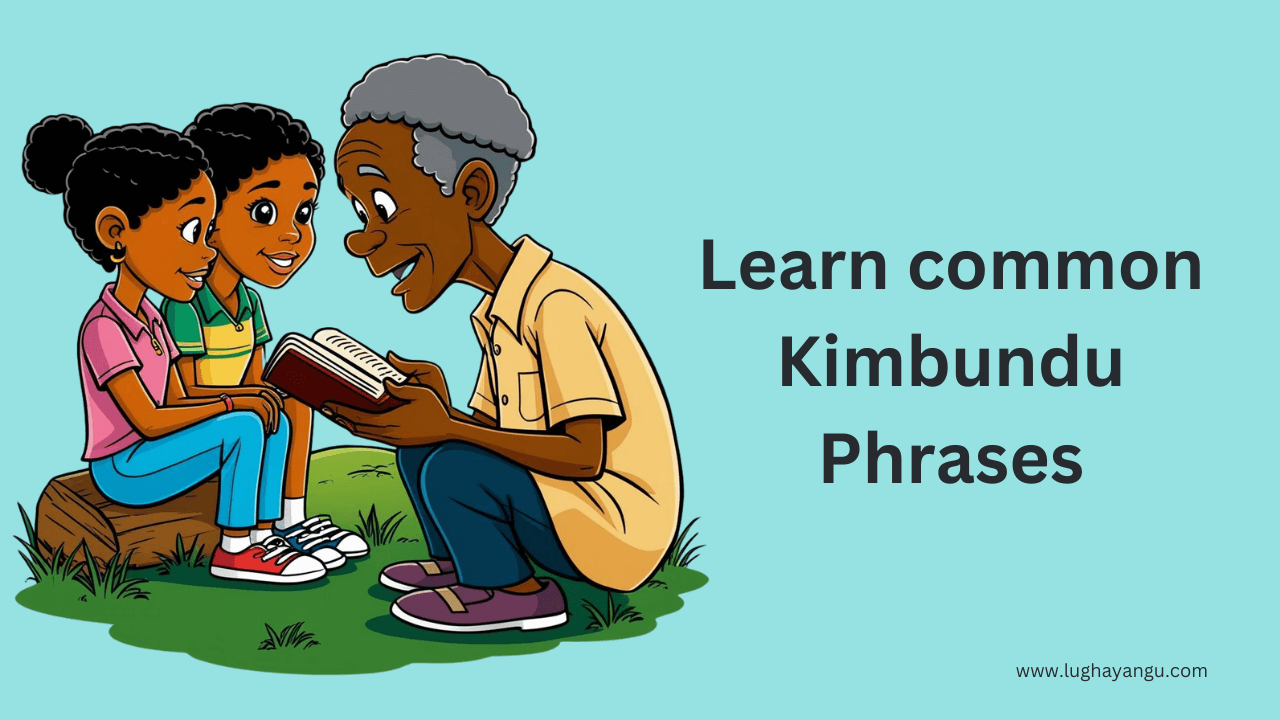In many traditional African societies, maybe even worldwide, things we couldn't explain were often chalked up to the supernatural.
If it rained, God was crying.
If it was scorching hot, God was angry and watching closely.
The clouds? Those were God’s cattle. And when the wind picked up? He was just herding them across the sky.
It all made sense. Well, to them.
And you’ll find that same sense of wonder in many colonial-era historical fiction books, where traditional beliefs are slowly peeled away as scientific and sometimes colonial explanations take over.
A good one is Red Strangers by Elspeth Huxley. It follows four generations of a Kikuyu family, from a time before the white man’s arrival to the height of colonial influence.
At first, goats were currency. Later, rupees. Then shillings. Over time, prayers once offered to traditional gods were now directed to the Christian one. Everything changes.
It’s such an eye-opener.
Today, we’re diving into one of those old mysteries, something that once left African communities baffled and even scared: twins.
Now, think back to the first time you saw a pair of identical twins. Same face. Same outfit. Same laugh. For a second, your brain probably glitched. Wait, didn’t I just see this person over there?
You stare. You blink. You wonder if you’re being pranked.
That confusion? It was universal.
In many traditional African societies, twins were such a mind-bending concept that people didn’t just scratch their heads. They panicked.
In Things Fall Apart, Chinua Achebe describes how twins were seen as an offence to the land itself. The solution? Place them in pots and abandon them in the forest.
Meanwhile, some other communities figured a woman who gave birth to twins must have had extra help, as in, two men.
Luckily, science came along and explained that no, it’s not witchcraft or infidelity. It’s just biology. Sometimes one egg splits. Sometimes two eggs get fertilised. No need for pots. No need to side-eye the mother.
But not everyone feared twins. In one corner of Africa, they were welcomed. Celebrated, even.
Where Twins Run the Town
Some places just seem destined to stand out, and Igbo Ora in southwest Nigeria is one of them.
According to a study published around 2011 in the US National Library of Medicine, in most parts of the world, twins are pretty rare. Latin America? About 9 in every 1,000 births. Europe? Around 16. The U.S. pushes it up to 33. Even Central Africa, where rates are higher, hovers between 18 and 30.
But among the Yoruba people? It jumps to 50 twins per 1,000 births. One in ten!
And then there’s Igbo Ora. This town takes things to a whole new level, with an estimated 158 sets of twins per 1,000 births. That’s over 30% of all babies being born as twins. Yes, really.
Back in 2006, the town had about 72,000 people. Ten years later? Nearly 200,000. Coincidence? I don’t think so.
When you enter the town, a big stone plinth greets you, boldly declaring: Welcome to the Land of Twins. And they mean it.
Here, almost every household has at least one set. Some have four. Or five.

So What’s Their Secret?
If you ask the locals, they’ll tell you it’s the food. Particularly, their beloved ilasa soup made from okra leaves and a starchy yam dish called agida.
One study from the University of Lagos Teaching Hospital even suggested that the local yams may contain a natural estrogen (gonadotrophin), which plays a role in stimulating a woman’s reproductive system to release eggs from both ovaries.
The science jury is still out. But the people of Igbo Ora are not waiting for a verdict.
Twins Are Sacred Here
Twins in Igbo Ora aren’t just common, they’re honoured. They're seen as sharing one soul. That’s why you’ll see them in matching clothes, hairstyles, and jewellery.
They’re even named with intent. The firstborn is called Taiye, meaning “tastes the world.” The second is Kehinde, the one who comes after.
And when tragedy strikes and one twin dies, families commission carved wooden figures called ibeji. The figure represents the soul of the lost twin and is fed, clothed, and cared for until the surviving twin is old enough to take over.
If both pass away, the mother performs a dance ritual, holding the ibeji dolls, as a way to mourn and release them.
A Festival Like No Other

Image 1: Twins pose for a photograph with their truck during the Igboora World Twins Festival 2024, in Igbo-Ora on October 12, 2024. Credits: Toyin Adedokun
Since 2010, Igbo Ora has hosted an annual gathering unlike anything else: The World Twins Festival.
What started as a local celebration has gone global. Thousands of twins from all over come to dance, pose, laugh, and honour their bond. There's even talk of a mass twin wedding.
And they're aiming for a world record: the largest gathering of twins ever.
So if you're looking for twins or hoping to have some yourself, you might want to plan a visit.
Just be sure to grab a plate of agida and ilasa soup while you’re there.
You never know. You might just be next.

Image 2: Twins seated during the World Twins Festival. Credits: AFP
New Language Resources

Yes, Kimbundu and Umbundu are two distinct languages spoken by the wonderful people of Angola. Learn how to greet, ask for directions, express your love, and much more through the guides below.
Special thanks to Ablio Carlos and Maurício Mangala for the guides.
Join the Lughayangu Community!

